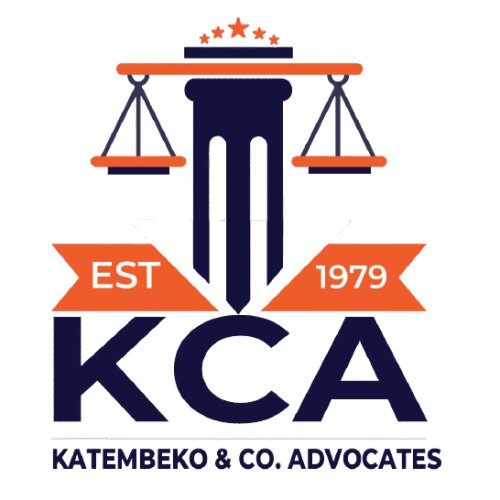Best Biotechnology Lawyers in Kampala
Share your needs with us, get contacted by law firms.
Free. Takes 2 min.
List of the best lawyers in Kampala, Uganda
About Biotechnology Law in Kampala, Uganda
Biotechnology law is an evolving field that deals with legal issues arising from various biotechnological innovations and practices, and their application in areas such as agriculture, medicine, and industry. In Kampala, Uganda, biotechnology is largely regulated under the National Biotechnology and Biosafety Policy, 2008, the National Biotechnology and Biosafety Bill 2012, and the general legal and regulatory framework. Ugandan biotech law places emphasis on safety, environmental conservation, as well as ethical considerations in biotechnology research and development.
Why You May Need a Lawyer
Legal help may be necessary in several instances related to biotechnology in Uganda. For example, if you're setting up a biotech company, you would need legal assistance to understand and comply with the regulatory framework. Lawyers specializing in this field can provide guidance on patent applications and intellectual property rights related to biotech inventions. Also, in cases where biotech projects impact the environment or human health, a lawyer can help navigate through liability issues.
Local Laws Overview
The National Biotechnology and Biosafety Bill, 2012 is the key piece of legislation relevant to Biotechnology in Uganda. This establishes a regulatory committee that oversees all biotechnology research and development within the country, enforcing safety measures to protect public health and the environment. It also provides guidelines for the import and export of GMOs (Genetically Modified Organisms), and their release into the environment. Non-compliance with these laws can lead to severe penalties, including imprisonment and fines.
Frequently Asked Questions
What are the key regulations on biotechnology in Uganda?
The National Biotechnology and Biosafety Bill, 2012, provides the fundamental regulations concerning biotechnology. It covers aspects like research, development, regulation, safety measures, and more.
Is it legal to patent a biotech invention in Uganda?
Yes, it is legal. Intellectual Property rights are protected under The Patents Act 1991. However, you should have a competent legal advisor to guide you through the process.
What penalties exist for violating biotechnology laws in Uganda?
Violating biotechnology laws can lead to significant penalties including fines, imprisonment, or both, depending upon the severity of the violation.
Is Genetically modified food legal in Uganda?
Yes, with the approval of the National Biosafety Committee, genetically modified foods can be legally created and sold in Uganda.
Is the use of biotechnology in medicine regulated in Uganda?
Yes, the use of biotechnology in medicine follows strict regulations under Uganda's biotechnology law, especially concerning safety and ethical considerations.
Additional Resources
The National Biosafety Committee and the Uganda National Council for Science and Technology are some bodies that provide resources and guidelines related to biotechnology. Various national and international research forums, seminars, and publications offer current insights into developments in biotechnology law and policy in Uganda.
Next Steps
If you need legal assistance in the field of biotechnology, consider finding a lawyer specializing in this area. Prepare a list of questions and concerns regarding your case or business. Keep informed about the latest changes in national and international law that might affect your interests in biotechnology. Connecting with biotech industry associations and participating in relevant forums could also prove advantageous.
Lawzana helps you find the best lawyers and law firms in Kampala through a curated and pre-screened list of qualified legal professionals. Our platform offers rankings and detailed profiles of attorneys and law firms, allowing you to compare based on practice areas, including Biotechnology, experience, and client feedback.
Each profile includes a description of the firm's areas of practice, client reviews, team members and partners, year of establishment, spoken languages, office locations, contact information, social media presence, and any published articles or resources. Most firms on our platform speak English and are experienced in both local and international legal matters.
Get a quote from top-rated law firms in Kampala, Uganda — quickly, securely, and without unnecessary hassle.
Disclaimer:
The information provided on this page is for general informational purposes only and does not constitute legal advice. While we strive to ensure the accuracy and relevance of the content, legal information may change over time, and interpretations of the law can vary. You should always consult with a qualified legal professional for advice specific to your situation.
We disclaim all liability for actions taken or not taken based on the content of this page. If you believe any information is incorrect or outdated, please contact us, and we will review and update it where appropriate.
















